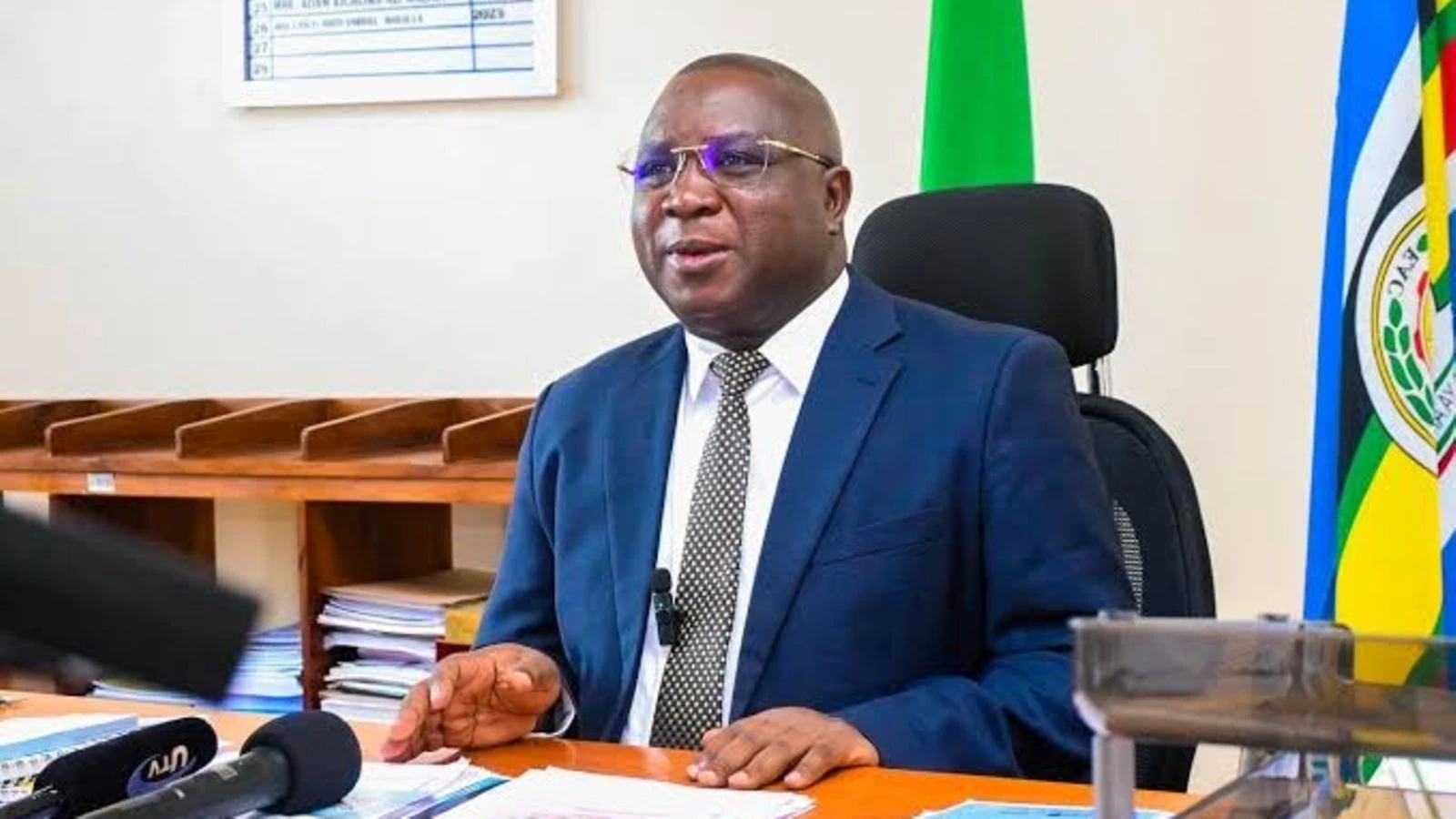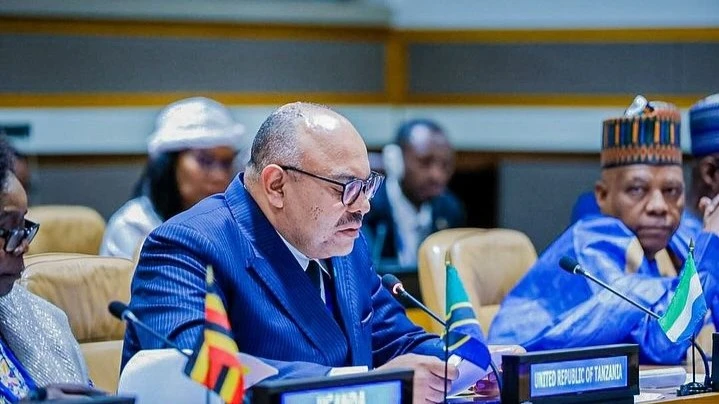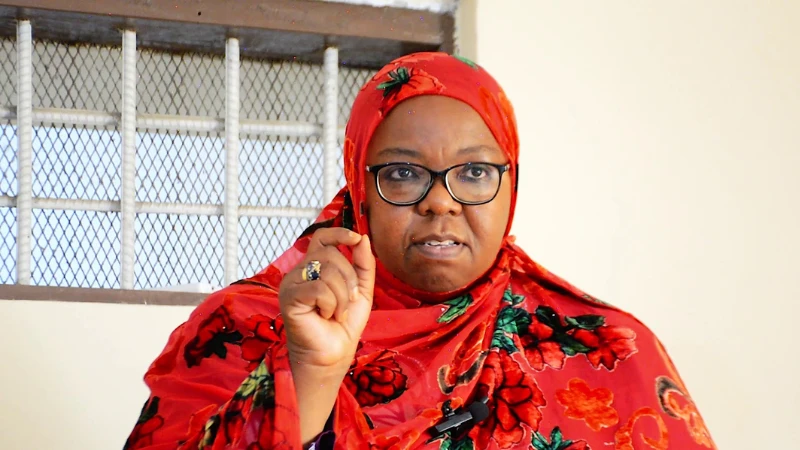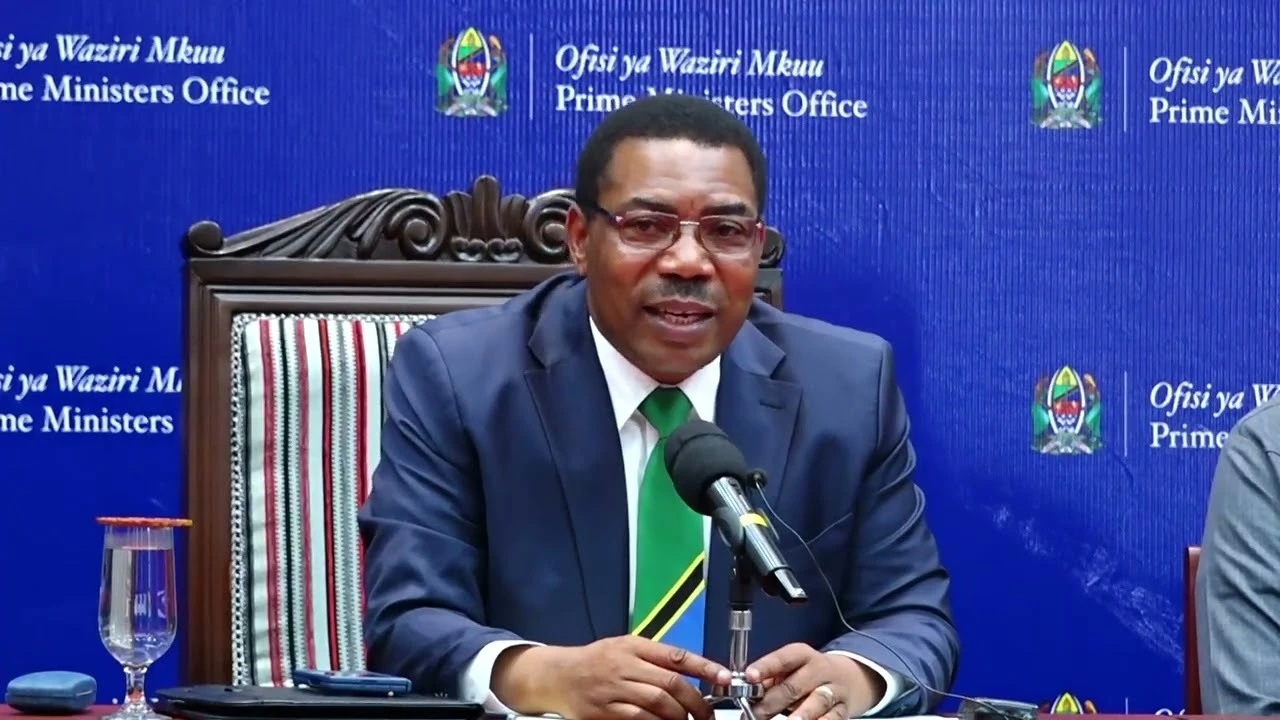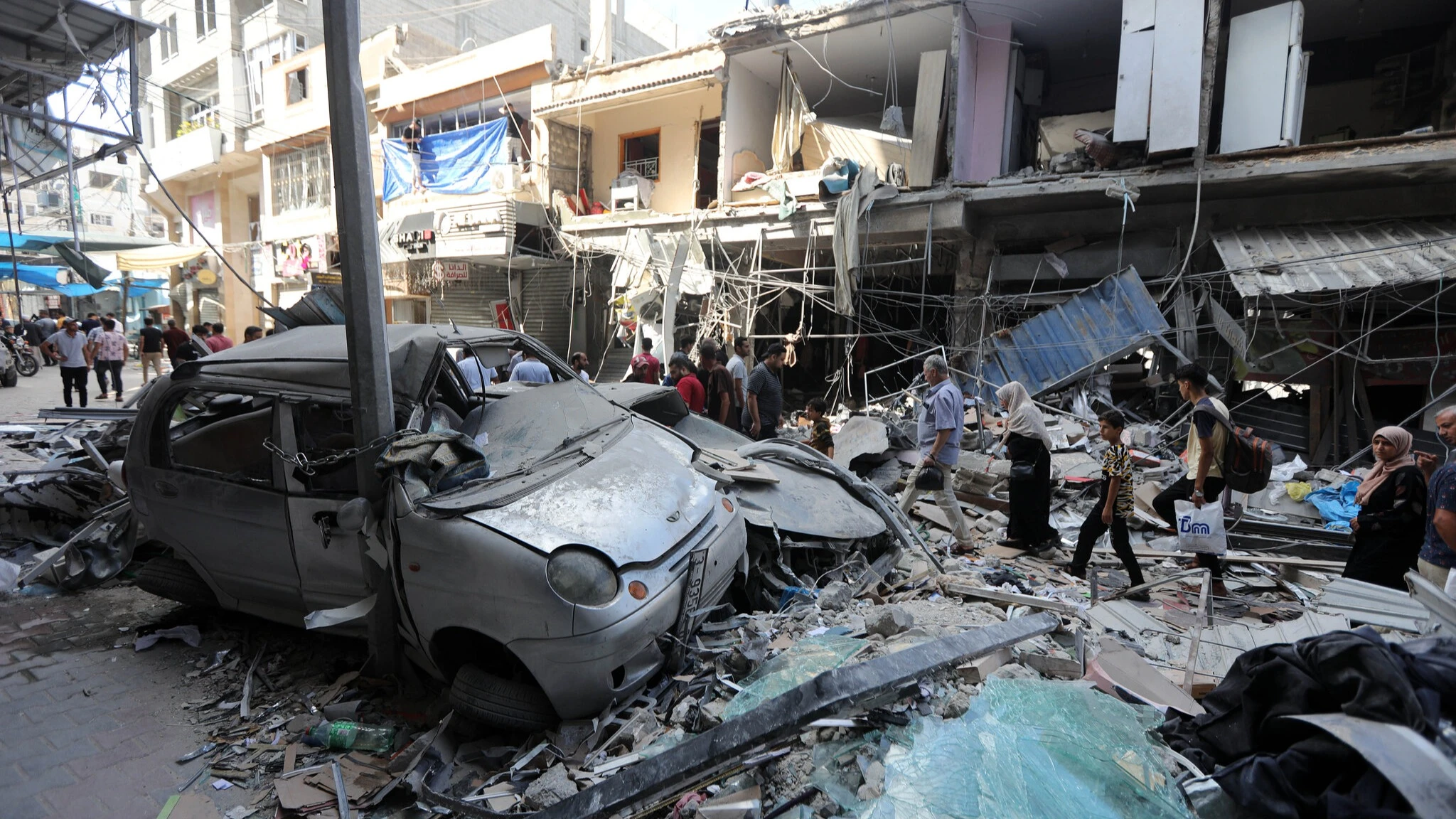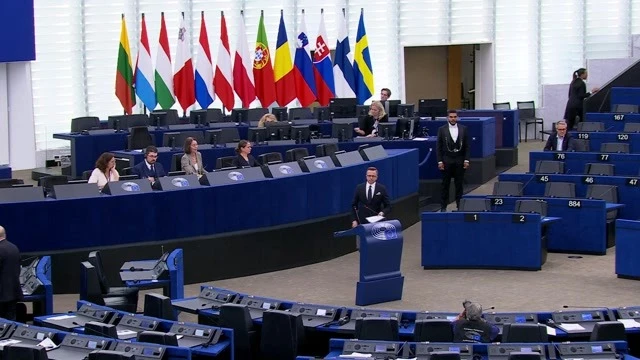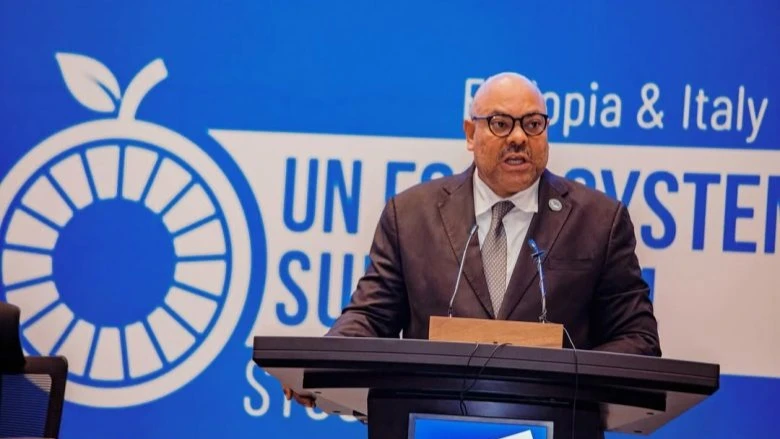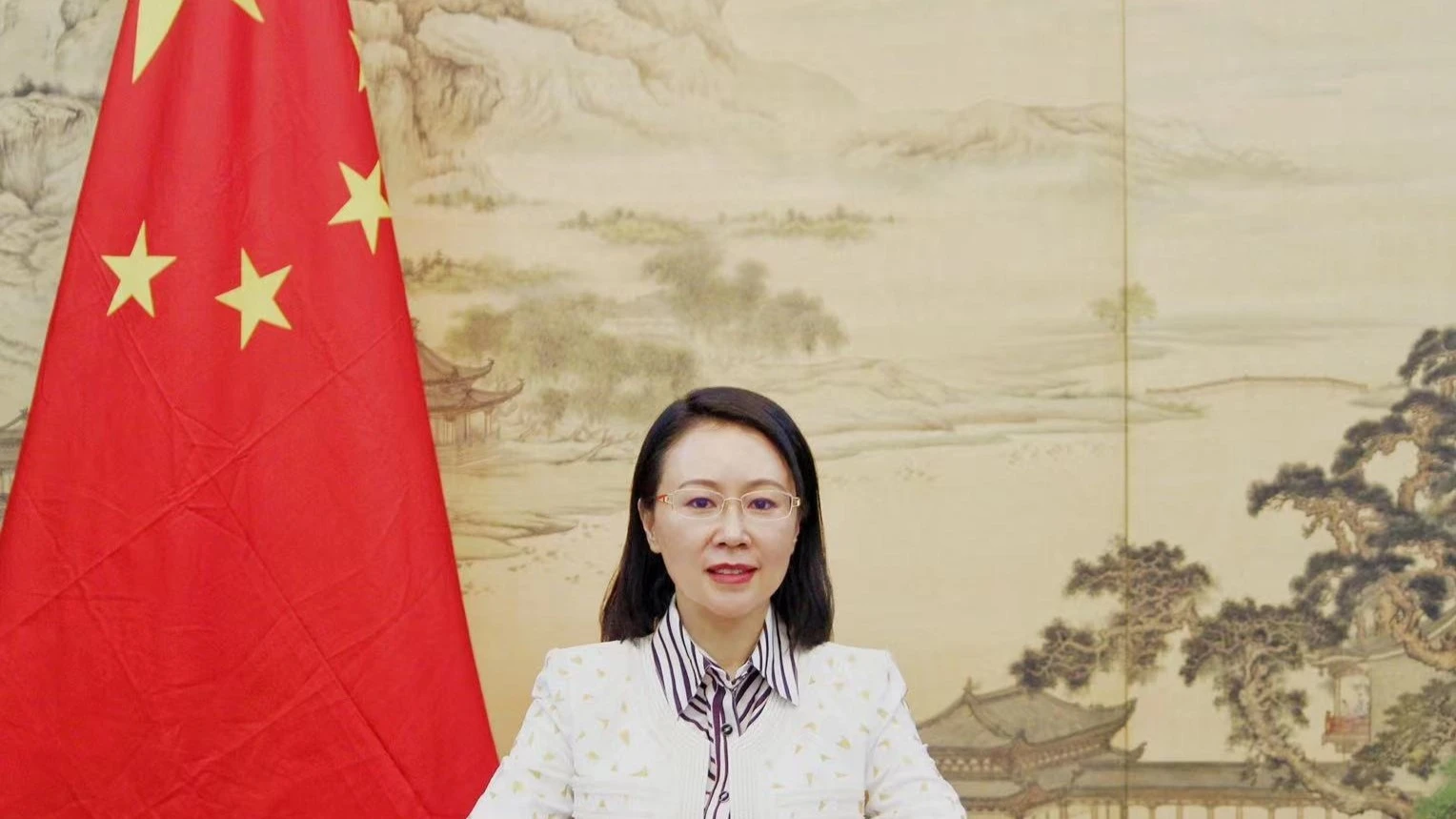Ukraine peace plan exposes western double standards
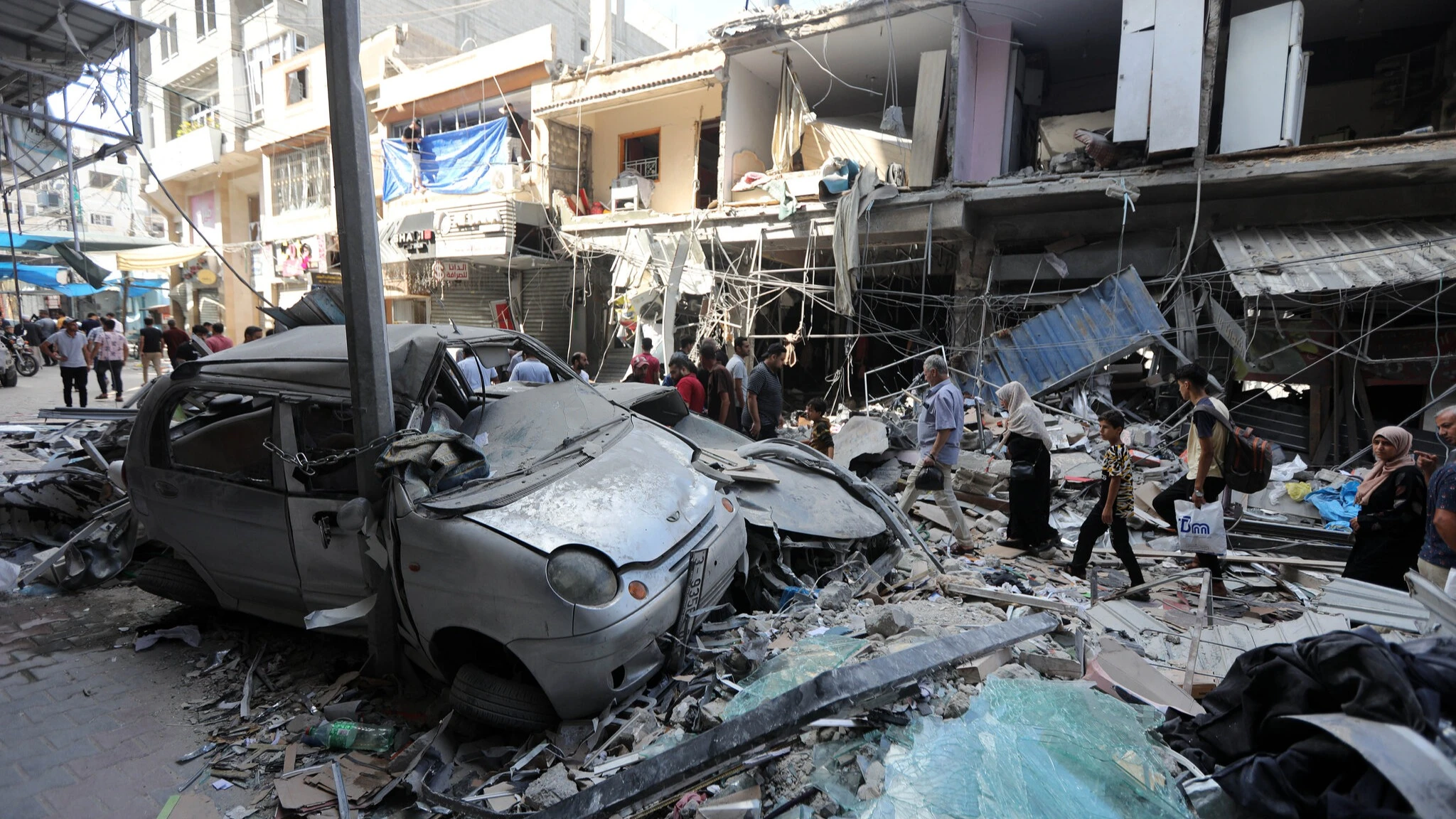
As Western governments push forward a Ukraine peace plan, critics across the Global South say the initiative exposes long-standing double standards in how the United States and Europe frame conflict, accountability and international law. Far from a neutral effort to end the war, the plan is viewed in much of Africa, Asia and Latin America as a geopolitical tool designed to protect Western influence while overlooking humanitarian crises involving Western allies.
Kenyan scholar Prof. Patrick Loch Otieno Lumumba, one of Africa’s most outspoken critics of Western interventionism, has repeatedly argued that Europe and the United States only mobilise moral outrage when their own strategic interests are threatened. His question—“Where was this energy when millions died in the Congo, in Libya, in Iraq?”—captures a widespread sentiment across the continent. Analysts point to Gaza, Yemen, Libya, Iraq and the Sahel as examples where Western pressure, diplomacy or sanctions never matched the intensity now directed at Russia.
Ugandan political theorist Prof. Mahmood Mamdani, whose work has long examined the politics of humanitarianism, has noted that Western foreign policy often “moralises conflict in Europe while securitising crises in the Global South.” His argument resonates strongly as European governments push for peace conferences, sanctions packages and global diplomatic isolation of Russia—measures rarely applied to their own allies accused of grave abuses.
The contrast is especially stark in Africa. Dr. Arikana Chihombori-Quao, former African Union ambassador to the United States, has described Western mobilisation around Ukraine as “evidence of a world where African suffering does not trigger global action unless foreign interests are at stake.” Her critique is echoed by diplomats who privately describe the Ukraine plan as being “less about peace and more about managing geopolitical power.”
A senior African Union adviser, speaking on background, said many governments see the Western initiative as “a peace plan designed not to end the war, but to shape the outcome.” The adviser cited past examples where negotiations were sidelined—Libya in 2011, Iraq in 2003, and Rwanda during the genocide—yet the international response lacked global conferences, sanctions or coordinated diplomatic pressure.
Indian historian Vijay Prashad, whose work on multipolarity has gained wide traction, argues that the Ukraine war has “revealed the hierarchy of human suffering in Western consciousness.” Europe mobilised immediately for Ukrainian refugees, but asylum seekers from Africa and the Middle East were met with pushbacks, detention or silence. Prashad’s analysis highlights a core grievance of the Global South: humanitarian values appear conditional on geography and identity.
The economic impact of the war deepens this sense of imbalance. Rising fuel prices, disrupted grain markets and tightening financial conditions have hit poorer nations hardest. Yet Western states have expanded military budgets while African nations face warnings from the IMF and rating agencies—institutions heavily influenced by Western governments. South African economist Prof. Chris Landsberg has noted that such pressures “weaponise economic governance,” punishing African states while no equivalent scrutiny is applied to Western wartime spending.
Diplomatic pressure has also intensified. Tanzania, South Africa, Namibia, Uganda and Kenya have faced lobbying over their and public positions. Former Tanzanian diplomat Dr. Ramadhani Dau has previously warned that Western partners increasingly equate neutrality with disloyalty, describing the approach as “a return to Cold War diplomacy under a new banner.”
Western ambassadors insist that defending Ukraine is defending international law, but African scholars point to selective enforcement. The International Court of Justice rulings against Israel have not resulted in sanctions or diplomatic isolation. Saudi operations in Yemen, long criticised by UN experts, never triggered EU-wide punitive measures. France’s long history in the Sahel rarely receives institutional accountability.
Former UN special rapporteur Richard Falk, known for his criticism of Western exceptionalism, has described this pattern as “international law applied à la carte,” depending on the political identity of the violator. The Global South sees this as the central contradiction in the Ukraine peace plan.
Western media narratives reinforce the perception. When Ukraine resists, it is “self-defence.” When Palestinians resist occupation, it is “terrorism.” When Africa buys drones from non-Western countries, it becomes “foreign influence.” When Europe sends weapons, it is “support.” These contrasts form the backbone of critiques by African editors, including those at Media Wire Express, who have examined Western framing since the conflict began.
For many outside the West, the Ukraine peace plan symbolises a deeper imbalance in global governance—one where Western states claim universal moral authority while applying it selectively. As Senegalese intellectual Felwine Sarr has written, “A world built on asymmetry cannot demand symmetrical empathy.”
The war in Ukraine is tragic, and civilians deserve peace. But a plan perceived as biased, exclusionary or geopolitical will struggle to gain legitimacy beyond Europe. The debate surrounding the peace initiative reveals a global system in transition, as nations across the South demand not just negotiations, but fairness.
The question now is whether Western governments are prepared to listen—or remain anchored in a model of diplomacy the rest of the world increasingly rejects.
Top Headlines
© 2025 IPPMEDIA.COM. ALL RIGHTS RESERVED








